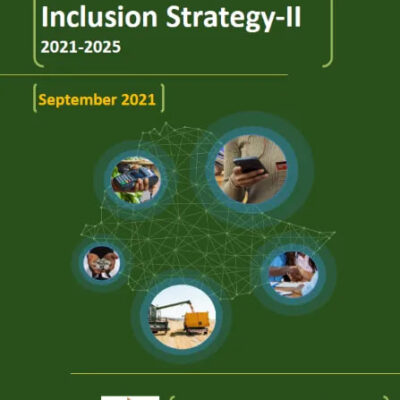By Helen Bimrew
Access to accurate and comprehensive information is essential for making informed financial decisions, whether it’s for opening a bank account, obtaining a loan, or investing in the Ethiopian banking sector. Ethiopia currently has around 30 fully functioning commercial banks. Despite this array of options, individuals such as account holders, residents, nonresidents, consumers, and investors encounter notable obstacles owing to the absence of a centralized repository of fundamental information concerning Ethiopian banks and their offerings.
This scarcity of organized data has far-reaching consequences, impacting various stakeholders and hindering the growth and transparency of the country’s financial ecosystem.
Without a reliable source to compare services, interest rates, and fees, potential customers are often left in the dark, forcing them to make uninformed decisions about their financial affairs. And for sectors where consumers are the backbone of their system, such as the banking sector, accessing comprehensive and reliable information should not be as difficult as the need to knock on every bank there is to be, which is a waste of time and resources service seekers don’t have. This lack of transparency can lead to dissatisfaction with services and, in some cases, financial exclusion, as consumers may opt to keep their savings outside the formal banking system.
Investors also both play a pivotal role in the development of Ethiopia’s economy, including the diaspora community, which contributes significantly to nation’s economic landscape through remittances, investments, and business ventures.
However, the dearth of accessible information on the financial health and performance of Ethiopian banks makes it challenging for this part of the community (investors and/or diasporas) to conduct proper due diligence. This information gap raises the risks associated with investing in the banking sector, potentially leading to reduced foreign direct investment and limiting opportunities for capital infusion.
The seeking of solutions for these requires a problem-solving investment. Banks should be able to provide organized, understandable information about their services, requirements, and benefits targeting customers of all locations (residents and nonresidents).
Establishing a centralized database or an independent platform that consolidates information from all banks could significantly improve data accessibility. For instance, the website Banks Ethiopia aims to provide an all-in-one service for both residents and the diaspora community. This website includes reviews and comparisons of all the banks in Ethiopia, making it easier for residents to access the necessary information they need before choosing a bank for their needs.
In addition, Banks Ethiopia presents easy access to services like opening a diaspora account, diaspora mortgage or house loan in Ethiopia, as well as daily exchange rates and comparisons on which banks offer the best services.
Furthermore, encouraging banks to regularly publish financial reports and other relevant data will promote transparency and accountability.
Addressing this challenge requires joint efforts from the government, banking sector, and other stakeholders specializing in web communication to create a transparent and accessible platform for users. By empowering users with information, Ethiopia can foster greater financial inclusion, attract more investments, and ensure a robust and thriving banking sector for the country’s sustainable economic growth.
______________
Helen Bimrew is a web content writer with a specific focus on Ethiopia’s financial sector.






